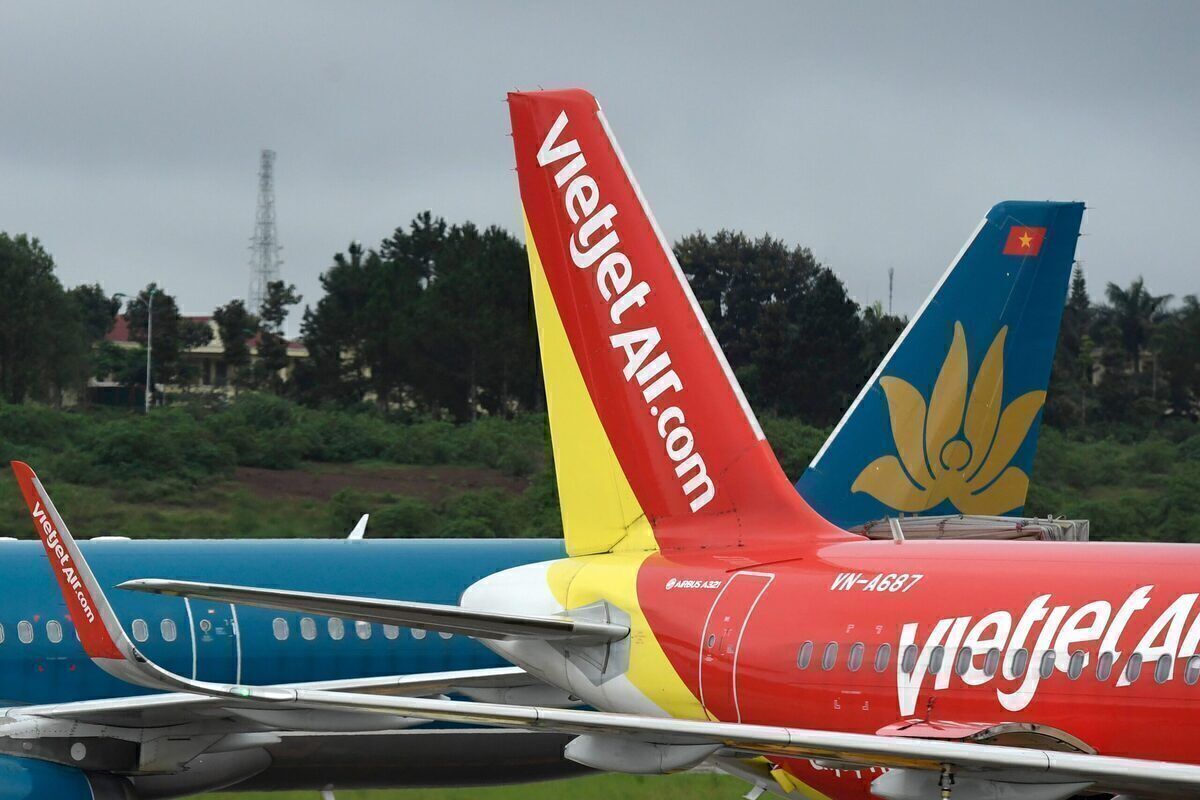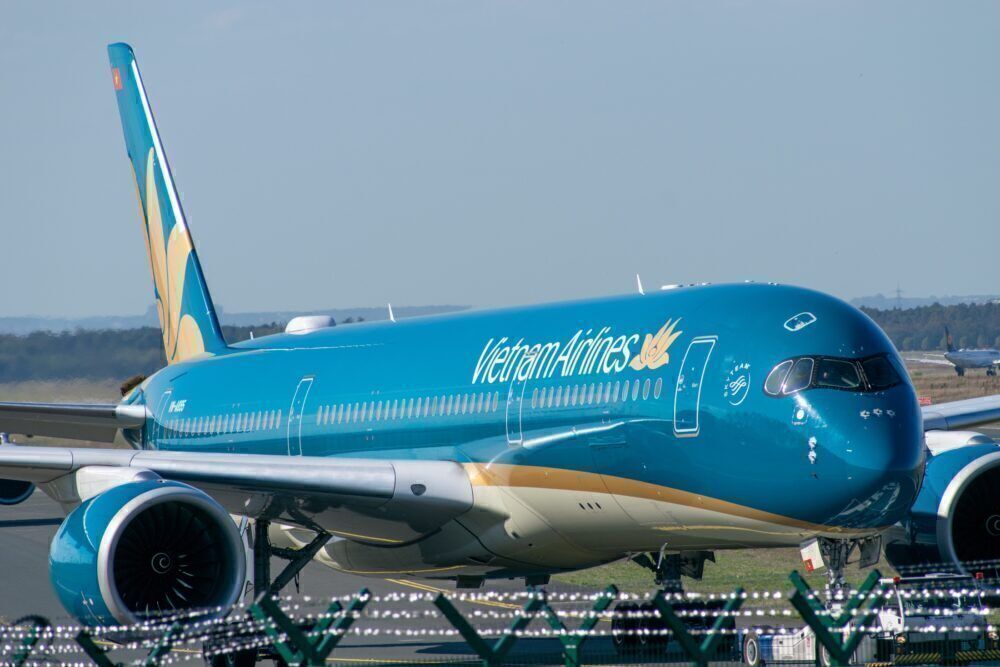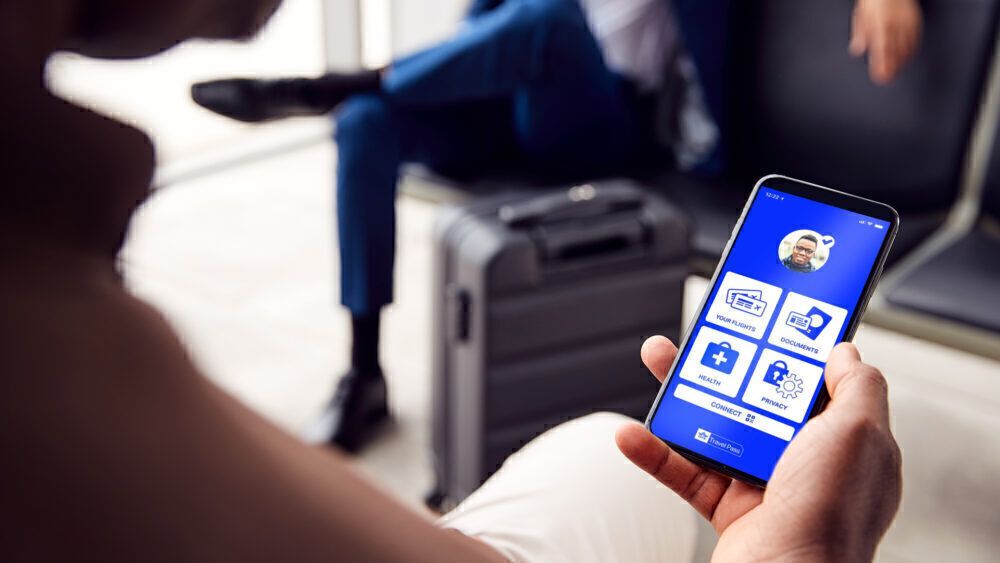The Vietnamese Government is eyeing re-opening its borders to international travelers as COVID-19 vaccinations ramp up and work on digital health passports continues. Last week, a Vietnamese Government committee said the country's IT infrastructure to support a new normal in international travel was now in place. But questions remain when to open Vietnam's borders and to who.
A tale of two airline markets in Vietnam
Vietnam shut its borders to all but its own citizens and essential international travelers last year. The border closures formed part of Vietnam's successful battle to contain COVID-19. Now, the country must walk a fine line between re-opening and continuing to keep COVID-19 out. Vietnam's Government sees the use of digital health passports as key to achieving this.
Vietnam's aviation industry is now a tale of two markets. After a turbulent 2020, Vietnam's domestic market is back doing what it does best - growing fast. According to analysis reported by David Casey in Routesonline last week, in terms of seat availability, Vietnam's domestic airline sector is now the fastest growing in the world. In the last week of March, Vietnam had 1.27 million domestic airline seats on offer, up 50% on the same week in 2019.
But it is a different story for Vietnam's international airline market. In terms of seat numbers, Vietnam's biggest airlines are Vietnam Airlines, VietJet, and Bamboo Airways. The airlines are back running slender international schedules, primarily catering to Vietnamese citizens returning home or needing to leave the country. VietJet has resumed some flights to Bangkok, Tokyo, Seoul, and Taipei. Vietnam Airlines is resuming flights to Tokyo, Seoul, and Sydney.
Stay informed: Sign up for our daily and weekly aviation news digests.
Vietnam's IT infrastructure can handle digital health passports
The passengers allowed onto the flights heading back into Vietnam all have to submit to rigorous pre- and post-flight COVID-19 screening, including undertaking a quarantine period followed by at-home isolation. They also have to download specific apps to monitor movements and who they come into contact with.
According to the Vietnamese news outlet VN Express, the Vietnamese Government wants to lower entry barriers to Vietnam but keep the country safe. On Friday, a meeting of Vietnam's National Steering Committee for COVID-19 Prevention and Control was held.
The meeting found Vietnam's IT infrastructure was ready and up to the job of handling digital health passports. In turn, that could open the prospects of Vietnam relaxing its border restrictions.
Harnessing the information built into a digital health passport, Vietnam's airlines could ramp up international services to allow vaccinated Vietnamese citizens to fly home, businesspeople to fly in, and then tourists to begin re-entering Vietnam.
Not there yet, but trending in the right direction
Noting that vaccination rollouts are patchy and uneven, the committee also flagged the prospects of allowing unvaccinated citizens from safe countries into Vietnam. For these travelers, access to certain parts of Vietnam may be allowed.
It's a tantalizing prospect and one that could help reboot an economy heavily dependant on tourism. But there's no timeline and still a high degree of uncertainty.
For Vietnam's airlines with international networks, a relaxation of Vietnam's border restrictions cannot come soon enough. Vietnam joins a growing list of countries looking to relax border closures while containing the spread of COVID-19. Increasingly, they are turning to a combination of vaccination, health screenings, and digital health passports as a way to do this. While not there yet, the trend is in the right direction.
What do you think the prospects of Vietnam re-opening this year are? Post a comment and let us know.



